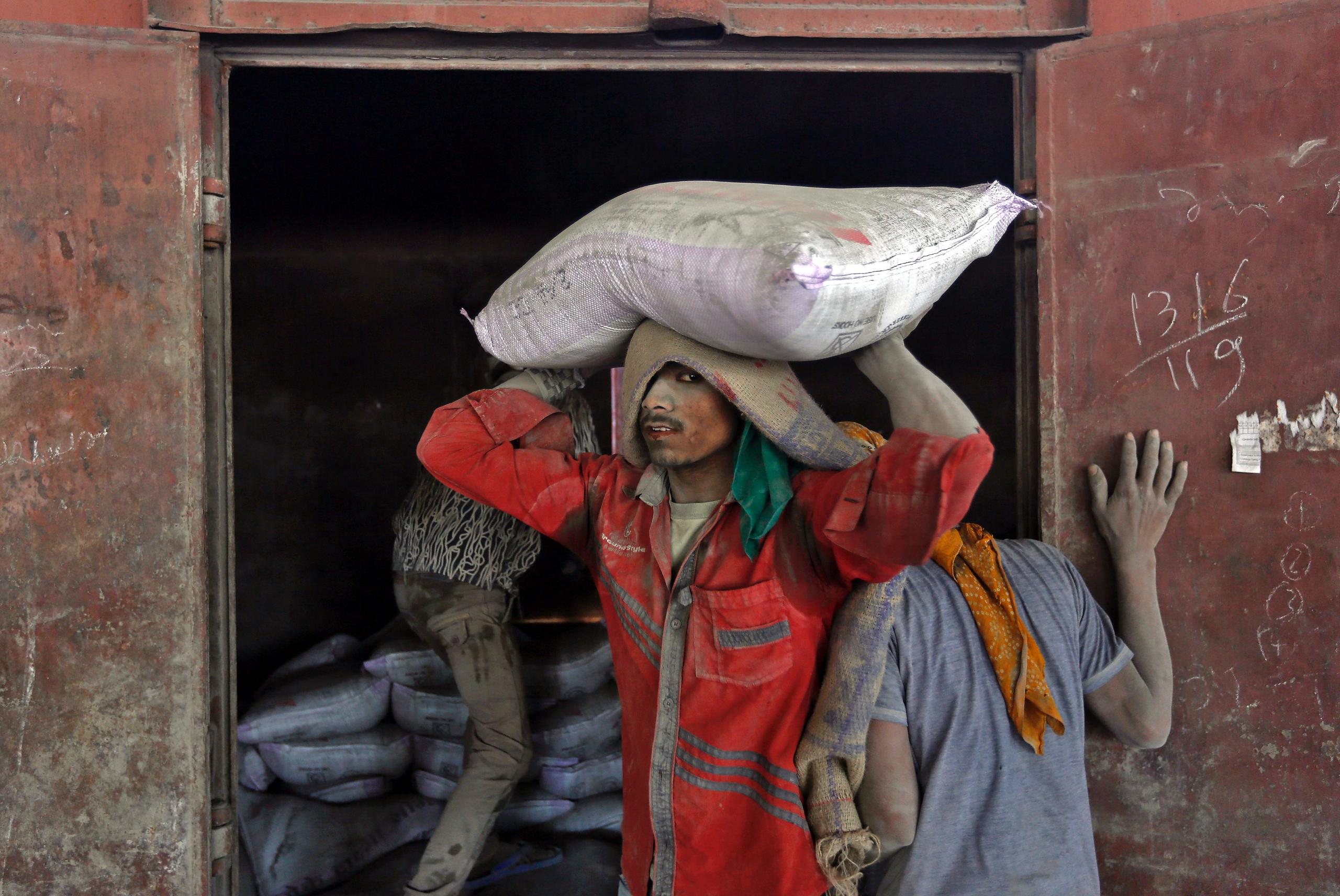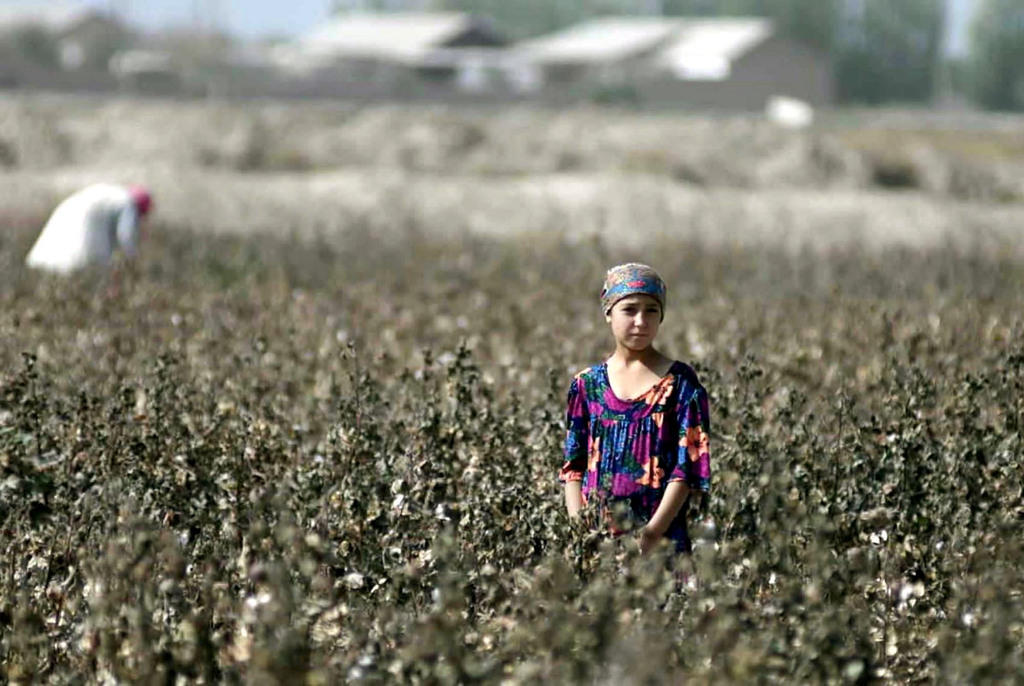
Credit Suisse promises safeguards for indigenous groups after Dakota pipeline intervention

Credit Suisse has committed to updating its internal policies on consent of indigenous communities in its project financing following mediation over the Dakota pipeline.
Switzerland’s second-largest bank has agreed to ensure that its clients demonstrate that they have obtained the free, prior, and informed consent (FPIC) of indigenous peoples affected by their projects in sensitive sectors.
In 2017, Swiss NGO Society for Threatened Peoples filed a complaint against Credit Suisse with the Swiss National Contact Point of the Organisation for Economic Co-operation and Development (OECD) over their financial relationship with firms involved in the Dakota pipeline. After months of mediation and negotiations, both parties agreed on an outcome this September that was published on Tuesday by the Swiss National Contact Point.
Credit Suisse will include the requirement of free, prior and informed consent (FPIC) of affected communities in its sector guidelines for partners in the oil and gas, mining, forestry and agribusiness. The bank has come under criticism for facilitating financial transactions for companies involved in the construction of the Dakota Access Pipeline meant to connect Dakota oil producers and refineries on the Gulf coast.
Opponents of the pipeline project criticize the fact it is due to run through traditional grounds of Sioux native Americans, with fears it could pollute the water table in the region. According to pressure group Food & Water Watch, Credit Suisse has financed three firms involved in the project to the tune of $340 million (CHF342 million). However, the bank has not directly financed the Dakota pipeline project itself.

More
The Swiss mediator you’ve never heard of
Welcome first step
In a statement regarding its commitment to indigenous peoples, the bank said, “Following the conclusion of a constructive mediation process facilitated by the NCP, we are amending our respective sector policies to incorporate aspects regarding human rights and indigenous peoples even more specifically. We take our responsibility towards all our stakeholders very seriously and appreciate an ongoing productive dialogue.”
It noted that this would apply when there is credible evidence that the proceeds of a project-related transaction are used for activities which may negatively impact an area used or traditionally claimed by an indigenous community.
The Society for Threatened Peoples welcomed the move as a “first step” towards incorporating the rights of indigenous communities but were disappointed that the bank was only planning to apply it to project financing.
“Company financing and stock broking are excluded from these guidelines. The extension is therefore only a small step in the right direction when it comes to comprehensive protection of indigenous communities,” said campaigner Angela Mattli in a statement released by the NGO on Wednesday.
Responsible Business Initiative
The commitment by Credit Suisse comes at a sensitive time for Swiss-based multinationals. A nationwide vote on a Responsible Business Initiative is likely if parliament fails to come up with an alternative proposal.
It calls for Swiss companies to be held legally accountable for their actions abroad in Swiss courts if they fail to perform due diligence. So far, good behaviour hinges on voluntary commitments from companies and the only form of redressal in Switzerland is through the Swiss NCP, which has no enforcement powers.
The Society for Threatened Peoples emphasised that while it “highly values the NCP” the OECD guidelines are non-binding.
“The NCP should therefore by no means be understood as an alternative to the Responsible Business Initiative, which seeks to legally oblige companies to incorporate respect for human rights and the environment in all their business activities,” Mattli told swissinfo.ch.
For its part, Credit Suisse global head of public affairs and policy Manuel Rybach told the NZZ newspaper on Thursday that existing corporate social responsibility procedures functioned well and there was no need for further legislation.

More
How easy is it to hold Swiss companies to account abroad?

In compliance with the JTI standards
More: SWI swissinfo.ch certified by the Journalism Trust Initiative








































You can find an overview of ongoing debates with our journalists here . Please join us!
If you want to start a conversation about a topic raised in this article or want to report factual errors, email us at english@swissinfo.ch.